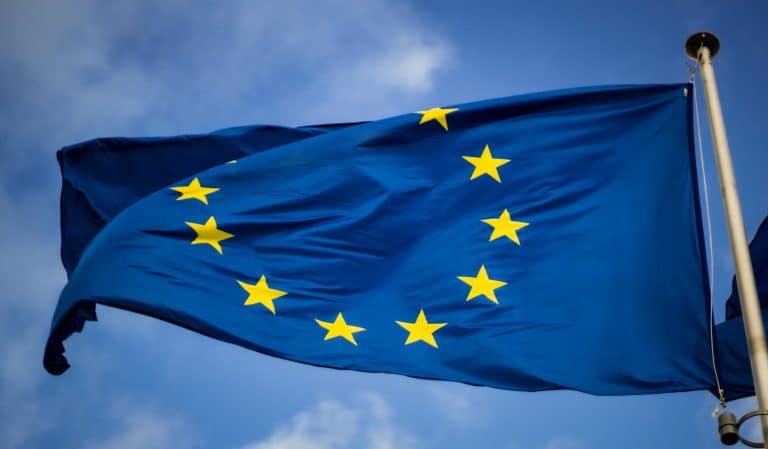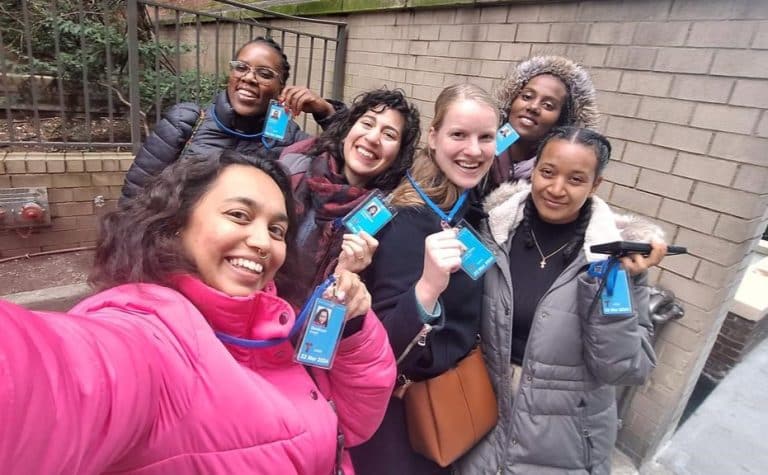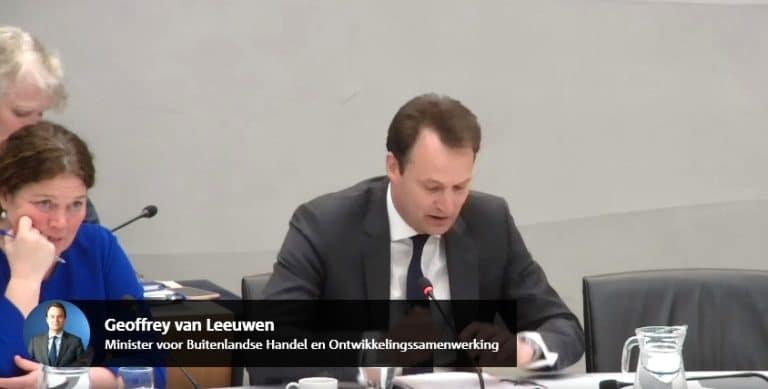This week, European health ministers, high-level representatives and civil society organizations have gathered in Budapest for the 67th session of European member states of the World Health Organization (WHO). In a statement that she delivered on behalf of Medicus Mundi International (MMI), Wemos global health advocate Linda Mans stressed that without investments in health workforce, guaranteeing health security and universal access to health will be an impossible task.
At this session, European member states adopted an action plan for sustainable and future-proof health workforce policy. In her statement, on behalf of MMI and together with European Public Health Alliance (EPHA) and 13 other civil society organizations, Linda emphasized that member states themselves must invest in health education, to avoid a ‘pull effect’ on health workers from low-income countries. As the financial situation of many member states and the number of vacancies for health personnel have improved, countries must be careful not revert to ‘quick fixes’ like recruiting personnel from countries with an unstable health system. The ‘WHO Global Code of Practices on the International Recruitment of Health Personnel’, a guideline for the global ethical recruitment of health workforce for which Wemos has extensively lobbied, remains imperative.
Civil society as a ‘change agent’
In an article written together with the Institute of Tropical Medicine (ITG) and EPHA, Wemos points towards the role of civil society as a ‘change agent’ in fostering change in health workforce policy. It presents examples of experiences from the project Health Workers For All, which Wemos coordinated. The lessons derived from these experiences are also applied within the Health Systems Advocacy Partnership (HSAP) with our African partner organizations.
Towards a sustainable solution
In late August, African WHO member states have also adopted an action plan for sustainable and future-proof health workforce policy. Without a plan or any action at all, it is estimated that in the year 2030, 6.1 million health workers of the projected global health workforce shortage of 18 million, will be African health workers. The African region struggles with insufficient finances to create jobs and adequate working conditions for health workers, weak leadership and governance regarding policy, and inadequate training capacity. While countries cannot tackle these problems alone, many international donors (e.g. WHO European member states) do not want to invest in health workforce because they do not want to fund recurrent costs. The underlying gist is that investing more financially for more health workers is anything but sustainable.
For Wemos, two things are clear: we expect that the Netherlands and EU will fill their own vacancies, and not actively recruit – or ‘pull’ – indispensable workers from Africa. Second, we ask the Dutch government and EU to advocate the idea towards large donors like the World Bank, Global Fund and GAVI that financing for health workforce is of utmost importance. We must collectively invest in health workforce. If we fail to do so, then the projected shortage in 2030 could amount to unforeseeable consequences.
Read the statement and watch Linda read the statement (recorded by WHO Euro)
Read the article written by Linda et al. in Public Health Panorama: Civil society contributions to a sustainable health workforce in the European Union




